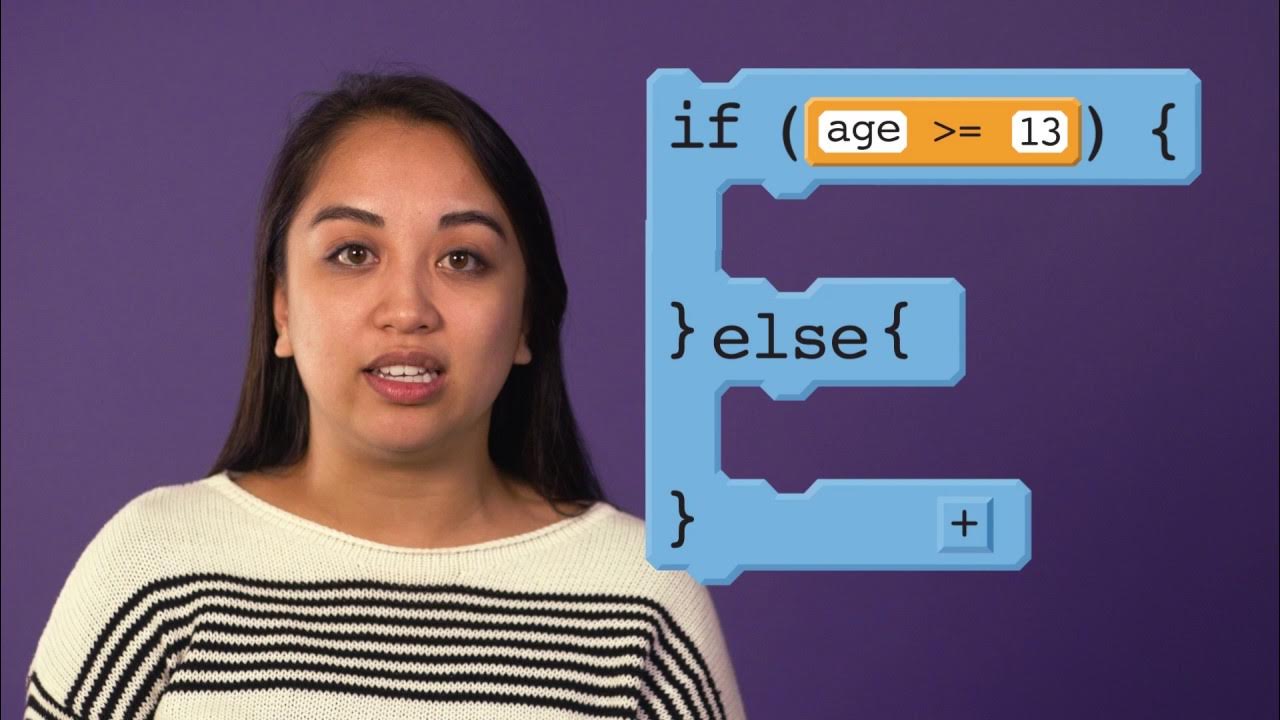The paradox at the heart of mathematics: Gödel's Incompleteness Theorem - Marcus du Sautoy
Summary
TLDRThis video explores the paradox of self-referential statements, starting with the famous 'This statement is false.' It traces how such paradoxes led Kurt Gödel to revolutionize mathematics with his Incompleteness Theorem. Gödel showed that in any mathematical system, there will always be true statements that cannot be proven. This groundbreaking discovery shattered the belief that all mathematical claims could eventually be resolved, opening the door to new approaches in logic and computation. Gödel’s work continues to influence modern mathematics, highlighting the power and limitations of formal systems.
Takeaways
- 😀 A self-referential paradox, like 'This statement is false,' creates a logical contradiction that cannot be resolved.
- 😀 Kurt Gödel's Incompleteness Theorem reveals the limits of mathematical systems, showing that not all truths can be proven.
- 😀 A mathematical proof is a logical argument that confirms the truth of a statement about numbers using axioms, which are fundamental, undeniable facts.
- 😀 Gödel translated mathematical statements into code numbers, allowing mathematics to talk about itself and create self-referential statements.
- 😀 The statement 'This statement cannot be proved' is the first self-referential mathematical statement created by Gödel.
- 😀 Gödel's statement creates a paradox: if it is false, it would have a proof, but if it has a proof, it must be true, leading to a contradiction.
- 😀 Gödel’s Incompleteness Theorem shows that within any mathematical system, there are true statements that cannot be proven.
- 😀 Adding new axioms to an enlarged mathematical system will only introduce more unprovable truths, meaning a complete system is impossible.
- 😀 Gödel’s theorem rocked the foundation of mathematics, challenging the belief that every mathematical claim could eventually be proven or disproven.
- 😀 Gödel’s work not only impacted mathematics but also inspired innovations in early computer science, especially regarding the limits of algorithms and logic.
- 😀 The discovery of unprovable true statements opens new avenues for research in both mathematics and computer science, emphasizing the unknown in the pursuit of knowledge.
Q & A
What is the significance of the sentence 'This statement is false' in the context of logic?
-The sentence creates a paradox known as the Liar Paradox. If the statement is true, then it must be false, and if it is false, then it must be true, which leads to an unresolvable contradiction.
How did Kurt Gödel's discovery change mathematics?
-Gödel's discovery, particularly his Incompleteness Theorem, showed that there are true mathematical statements that cannot be proven within a given set of axioms, fundamentally altering the perception of certainty in mathematics.
What is a mathematical proof, and how does it relate to axioms?
-A mathematical proof is a logical argument that demonstrates the truth of a statement about numbers. These proofs are based on axioms, which are fundamental, undeniable statements about numbers that form the foundation of the system.
What role do axioms play in mathematical systems?
-Axioms serve as the foundational building blocks for mathematical systems. They are assumed to be true without proof and are used to build logical arguments and proofs for other mathematical statements.
Why were Gödel's discoveries seen as a threat to the certainty of mathematics?
-Gödel's Incompleteness Theorem introduced the idea that there are true mathematical statements that cannot be proven, challenging the longstanding belief that all mathematical truths could eventually be proven or disproven.
How did Gödel's method allow mathematics to talk about itself?
-Gödel translated mathematical statements into code numbers, allowing a statement about numbers to express something about the system of mathematics itself. This enabled the creation of self-referential mathematical statements.
What is the significance of Gödel’s statement 'This statement cannot be proved'?
-Gödel's statement created a paradox where, if the statement is false, it would imply that a proof exists, but if a proof exists, the statement must be true. This leads to a contradiction, making the statement both true and unprovable.
What does Gödel's Incompleteness Theorem say about mathematical systems?
-Gödel's Incompleteness Theorem asserts that in any axiomatic system, there will always be true statements that cannot be proven within that system, meaning no system can be perfectly complete.
What happens if new axioms are added to a mathematical system to account for unprovable statements?
-Adding new axioms to a system to include unprovable statements creates new unprovable truths, meaning that no matter how many axioms are added, there will always be true statements that cannot be proven.
How did Gödel's Incompleteness Theorem impact mathematicians' view of the field?
-The theorem caused a shift in how mathematicians view the certainty of their work, as it proved that some truths in mathematics are inherently unprovable, challenging the idea of complete certainty in mathematical proofs.
Outlines

This section is available to paid users only. Please upgrade to access this part.
Upgrade NowMindmap

This section is available to paid users only. Please upgrade to access this part.
Upgrade NowKeywords

This section is available to paid users only. Please upgrade to access this part.
Upgrade NowHighlights

This section is available to paid users only. Please upgrade to access this part.
Upgrade NowTranscripts

This section is available to paid users only. Please upgrade to access this part.
Upgrade NowBrowse More Related Video

2.2 Notes Part 2

CSP: Conditionals pt 2B - if/else statements

Converse, Inverse, & Contrapositive - Conditional & Biconditional Statements, Logic, Geometry

Houdini [Official Music Video]

Topic 205 – Presentation of Financial Statements | US GAAP Explained

If Else Statements in Python | Python for Beginners
5.0 / 5 (0 votes)